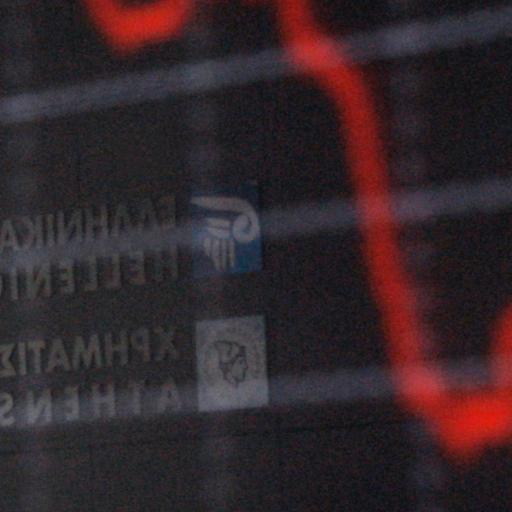Temporal aggregation poses many interesting questions which have been explored in time series analysis and which yet remain to be explored. An early example of research in this area is Quenouille (1957), where the temporal aggregation of
ARMA(p,d,q) processes is studied. Amemiya and Wu (1972), and Brewer (1973)
review and generalize Quenouille's result by including exogenous variables. Zellner and Montmarquette (1971) discuss the effects of temporal aggregation on estimation and testing. Engle (1969) and Wei (1990) analyze the effects of temporal aggregation
on the
on parameter estimation in a distributed lag model. Other contributions in this area include Tiao (1972), Stram and Wei (1986), Weiss (1984), Rossana R.J. and Seater, J.J.,(1995), Granger and Silkos (1995), Marcellino (1999), and finally Tommaso Di Fonzo(2003) to name but a few.
In this paper we investigate the effects of temporal aggregation on the application of the mean variance approach in portfolio management1. More specifically we investigate the effects of temporal aggregation of the returns of the stocks of the portfolio. on the portfolio’s performance, as this performance can be approximated from: (a) the percentage of the number o stock is participate in the portfolio, (b) the structure of the portfolio and finally (c) the future portfolio performance.
Using empirical data from the Athens Stocks Exchange and stochastic simulation techniques we end up with the general conclusion that the efficient portfolio management is closely related with the level of temporal aggregation (disaggregation) of the returns of the portfolio’s stocks. In other words , the use of the returns of the stocks we want to participate to the portfolio, in daily, weekly, monthly etc basis, could lead us to different results about the number of the stocks to participate to the portfolio, the structure of the portfolio and finally the portfolio’s future performance for different time horizons.







